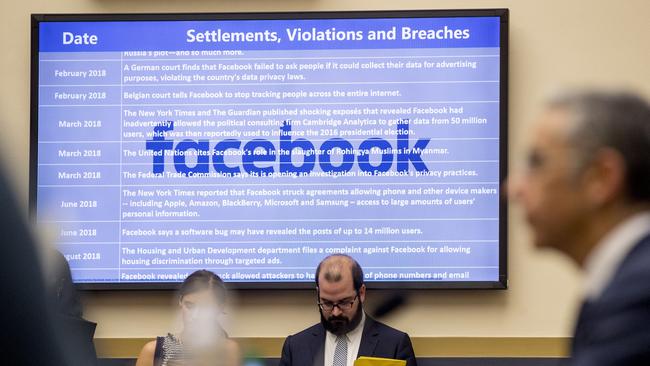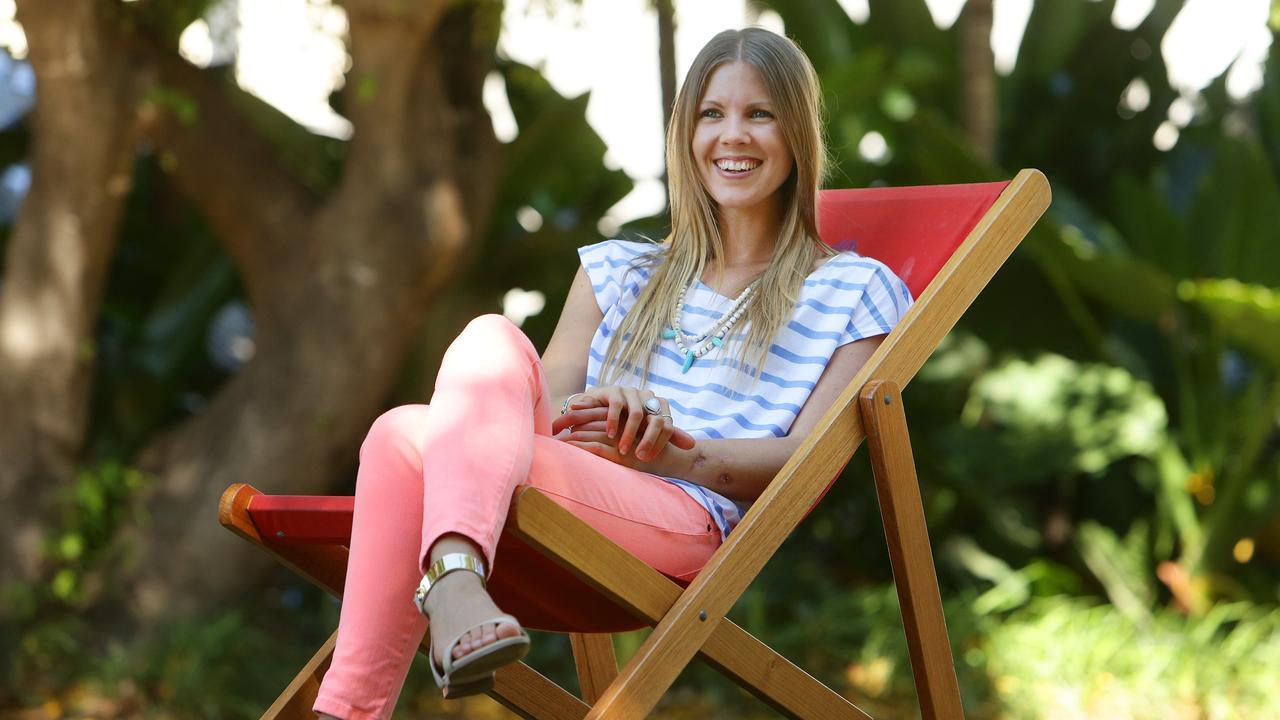Dark days ahead for traditional media
The ACCC’s digital platforms report should be compulsory reading for all working in media.

All hell broke loose on Friday with the publication of the final report from the Australian Competition and Consumer Commission’s digital platforms inquiry. It’s been 18 months in the making and if you work in media or marketing you are unlikely to live through a more important moment in Australian media legislation.
It is not just an important report. It’s also brilliantly constructed. The ACCC deserve enormous credit for pulling apart every facet of the super-complex advertising infrastructure and rendering it sensible. I cannot think of a marketer who would not benefit from reading the whole 600-page report, it is that good.
For starters, we finally got independent confirmation of both Google and Facebook’s scale in this country. Neither company likes to break out its numbers so the ACCC’s estimates are a definitive answer to a commonly asked question that no one has been able to properly answer until now. And the results are grim unless you work for one of the two members of the digital duopoly. Google owns 96 per cent of search advertising in this country while Facebook has 51 per cent of all digital display.
For every dollar spent on advertising in Australia, 53c is spent on digital media. Google gets 21c and Facebook 10c of that. But it is the acceleration of these two companies that stands out the most. If you exclude classified sites like carsales.com.au and Gumtree, the digital duopoly accounted for 102 per cent of the growth in digital advertising investment.
How is it possible to take more than 100 per cent of growth? It’s possible when the rest of the digital media industry shrinks. As the amount of money spent on online advertising grows, so too does the stranglehold of Google and Facebook.
And it is happening so quickly! There is a fascinating chart nestled deep in the ACCC’s report. It shows the definitive “share of the pie” of advertising spend across the main media channels over the past decade. A blue line representing print media plummets like a rollercoaster from its celestial position on top of all others to a final resting point 1/6th of its original size. A yellow line representing online media springs up out of nowhere in 2003 and heads, at a 45-degree angle, towards the top of the chart. And a green line for TV ad spend runs as flat as a pancake through the middle of the chart, decaying slightly in the past couple of years.
That means 2013 was a fascinating year for advertising in this country. Because for one astonishing and unrepeatable moment the three great powers of the advertising world, print, TV and online, all shared the same respective share of Australian advertising expenditure — 30 per cent. It’s the advertising equivalent of Yalta. A brief moment where the three superpowers met as equals and then headed off to their respective fates knowing success would depend on the other two failing.
So much has changed in the intervening six years that the idea of news media, TV and online looking across the table at each other as equals now appears ridiculous. If the ACCC’s estimates are accurate, and I bet they are, online advertising now accounts for almost double the spend of TV and news media in this country. And that imbalance will only grow in the years ahead.
While there is very little left to take from news media, the battle begins for what we once called TV advertising. A number of extrapolations now suggest TV’s most important asset when it comes to attracting advertisers, unmatched reach, is now under attack. With the rise in streaming services and the growth in online video, we may be about to enter a period in which TV’s traditional ability to reach 90 per cent of the Australian population every month drops to a point that other suppliers — notably Facebook and the Google-owned YouTube — can counter it with their own growing presence. If that happens the scenario we saw with news media and its rollercoaster ride to the bottom of the pile could be repeated again. And the digital duopoly would become even more dominant.
The ultimate purpose of the ACCC’s new report was not to just document and analyse this domination, but to propose policies that would protect Australian companies and consumers caught up in it. And here an otherwise impressive report begins to run out of steam.
It’s impossible not to read the digital platforms report without a growing sense of frustration. Because although the report does a spectacular job to outline the manner and scale of Facebook and Google’s dominance, it presents very little in the way of sanction or intervention to remedy the situation.
The reader is struck with the sense that you are listening to someone explain, in excruciating detail, how and why a neighbour is having an affair with his wife without any sense of what he plans to do about it.
This is not because the ACCC has failed in its duties. It’s because this is a global game and not one where the ACCC, or any other CCC, has any kind of influence any more. The very nature of the nation state is now outdated in the digital age.
Bigger economies like the UK and Canada have tried, and failed, to force Facebook’s CEO to appear before them. He has simply ignored them without sanction. Today’s tech titans look at Mars, quite literally in the case of both Elon Musk and Jeff Bezos, as the next horizon for corporate expansion. The world is theirs already.
Australia has a wonderful ACCC, but a puny population. It is a tiny speck within a bar within a column on page 400 of Facebook and Google’s market planning presentations. We simply don’t matter. This wonderful report does much to outline the current predicament and future domination of Google and Facebook but provides no evidence or hope that they can be controlled or contained in the future.


